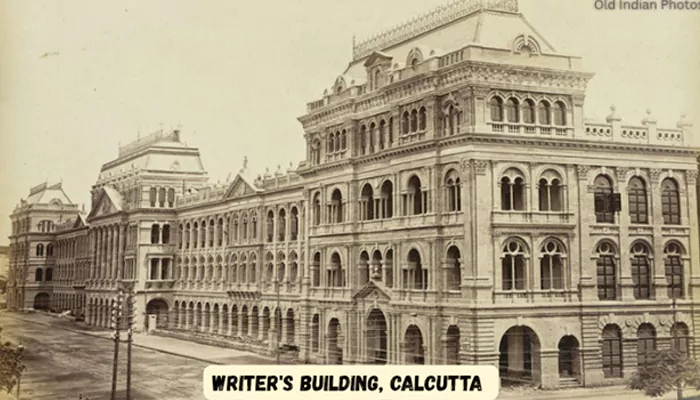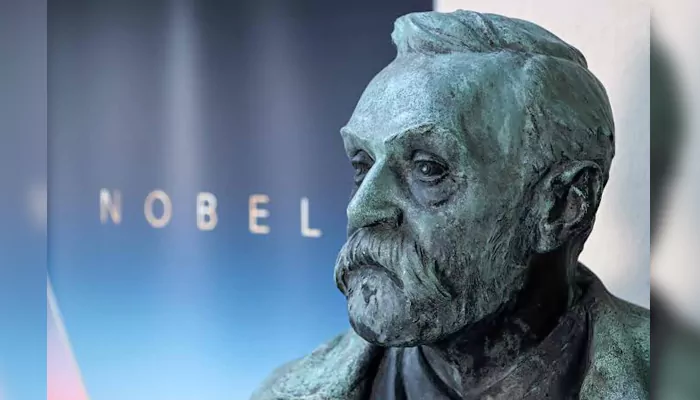On This Day (April 14) - B. R. Ambedkar's Birth Anniversary: The Late Social Reformer's Books That You Must Read
- Admin
- 1 year ago
- 3 minutes read
 - B. R. Ambedkar's.webp)
Ambedkar is widely referred to as the Babasaheb, meaning "Respected Father".
"We must stand on our own feet and fight as best as we can for our rights. So, carry on your agitation and organize your forces. Power and prestige will come to you through struggle." - B. R. Ambedkar.
Bhimrao Ramji Ambedkar, popularly known as B. R. Ambedkar, had a stature so towering, and so impactful, that he was revered as a demi-god among his people. And even after so many years since his demise, Ambedkar's legacy is still respected across Indian society. It wouldn't be even an iota of an exaggeration to say that his works have totally transformed India's socio-economic and socio-political scenes.

B.R. Ambedkar
Born on April 14, 1891, Ambedkar was an Indian jurist, economist, social reformer, and political leader. A man of unbelievable strength and resilience, he rose above systemic injustices and became the voice of the voiceless. While he is best known as the architect of the Constitution of India, his influence is evident in various other spheres of society as well. He worked tirelessly in advocating for the social rights of the oppressed, earning the nickname 'Babasaheb' which means "Respected Father".

Jai Bhim
The late social reformer was also a gifted author, sharing his valuable insights into a number of books. Today, on his birth anniversary, let's have a look at some of his best books that everyone should read at least once.
Annihilation of Caste
Published in 1936, 'Annihilation of Caste' is actually the text of an undelivered speech that Ambedkar was to deliver at an anti-caste convention held in Lahore by Hindu reformers. The conference's organizers revoked Ambedkar's invitation upon reviewing the written speech, and he published it instead. The book criticizes various aspects of Hinduism and focuses on the urgent need for social reform. It states that caste is a divisive force, throwing light on the detrimental impact of caste on ethics, morality, and public spirit within the society.
(Credit: khubaibliophile)
Riddles in Hinduism
In 'Riddles in Hinduism', Ambedkar directly challenged the Sanatan view of the Hindu civilization circulated by "European scholars and Brahmanic theology". He criticized the "Brahmanic theology" of Hinduism, discussing various aspects of the Vedas. With this book, he encouraged the readers to think for themselves.

The book was written during 1954–1955 but its publication was delayed due to several reasons. And upon its publishing in 1987, it received severe controversy from a certain section of the society.
The Buddha and His Dhamma
'The Buddha and His Dhamma' was the last literary work of Ambedkar. In this book, the late scholar took a deep dive into Buddha's life and philosophy and dissected the connection between life and religion. It takes us to a whole different world altogether, giving us a broader perspective about life.

According to Ambedkar, it's one of the three books (the other two are 'Buddha and Karl Marx' and 'Revolution and Counter-Revolution in Ancient India') that forms a set for the proper understanding of Buddhism.
(Credit: thecaravanmagazine)
The book was first published in 1957 following Ambedkar's death. It has been translated into many languages, including Hindi, Gujarati, Telugu, Tamil, Marathi, Malayalam, Bengali, and Kannada. Also, it has inspired a Hindi-language film, titled 'A Journey of Samyak Buddha'.
Besides these books, the list also includes 'Who Were the Shudras?', 'Pakistan or the Partition of India', and 'The Problem of Rupee'.












